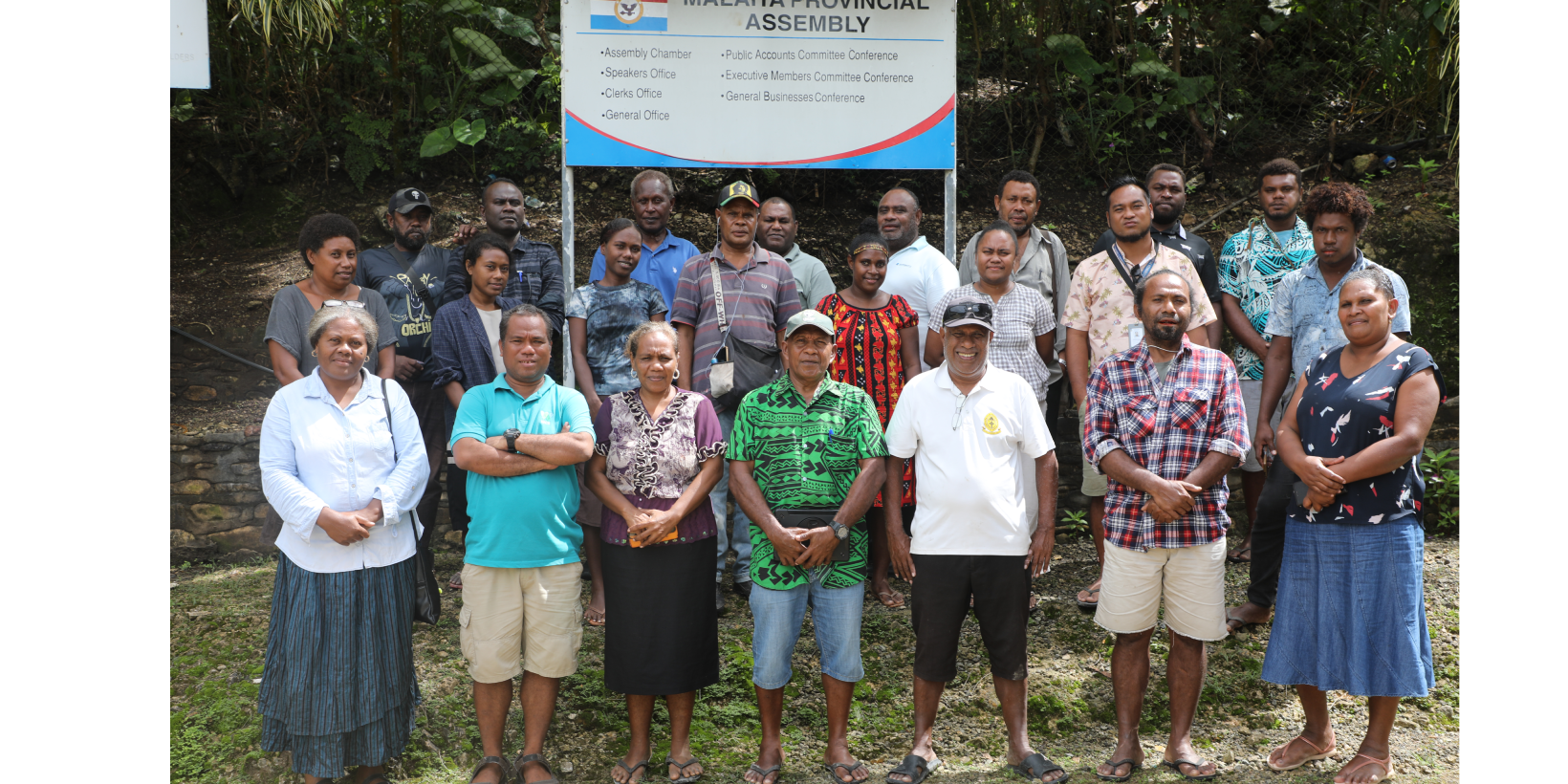Solomon Islands is advancing its National Coral Reef Action Plan by orgaising a workshop with key provincial stakeholder in Malaita last week which emphasizes community stewardship.
The Wildlife Conservation Society (WCS), in its capacity as the lead national executing agency for the Global Environment Fund’s Coral Reef Rescue: Resilient Reefs, Resilient communities project (GEF CRR), is continuing with this engagement to develop a National Action Plan.
This is plan is for Conservation of Resilient Coral Reefs within the Solomon Islands.
The main objective of this initiative is to safeguard marine resources, facilitate community-led management, and ensure the preservation of the ecological and cultural heritage associated with these vital reef ecosystems for future generations.
The methodological approach to developing this comprehensive plan is fundamentally informed by the practical experiences and knowledge of local communities.
A critical finding from the discussions underscored the nature of community harmony and shared stewardship, in contrast to conflicts arising from resource ownership.
Participants realised that disputes pertaining to resource ownership represent a significant threat to the protection and health of the reef ecosystems.
“Some experiences clearly demonstrated that conflicts arising from resource ownership pose a significant threat to reef harmony. To safeguard the future of the Solomon Islands’ coral reefs, the National Action Plan must articulate that communities are stewards of these vital marine resources. This fundamental shift towards shared stewardship is essential to promote unity, build resilience, and foster collective responsibility for our precious marine environment,” said Ms Gloria Siwainao from the Malaita provincial Environment Health Division.
The participants advocated for the National Action Plan to designate communities as stewards, rather than outright owners of these marine resources.
This proposed strategic approach is expected to promote unity, enhance resilience, and foster a collective sense of responsibility for the marine environment.
The workshop, pursued several primary objectives:
- To consolidate input systematically gathered from both provincial governments and local communities.
- To enhance the collective understanding of coral reef resilience among all participants.
- To ensure that the national action plan accurately and comprehensively reflects the aspirations of the populace of Malaita.
- To identify and outline effective methodologies for equipping communities with the necessary skills and supportive mechanisms necessary for robust reef protection.
- To reinforce the fundamental concept of community stewardship, thereby acknowledging established local traditions while as the same time encouraging a pervasive collective responsibility for marine life.
This collaborative effort, which is driven by the input and inherent wisdom of the Solomon Islands’ people, forms the foundational basis of this initiative with the overall goal of achieving a long-term and sustained survival of coral reefs in Solomon Islands.
This important undertaking is a collaborative effort, conducted in partnership with the Ministry of Environment, Climate Change, Disaster Management and Meteorology (MECDM) and the Ministry of Fisheries and Marine Resources (MFMR).
The workshop is financially supported by the Global Environment Facility (GEF), contributing to the World Wildlife Fund’s led Global Coral Reef Rescue Initiative, the Coral Reef Rescue: Resilient Reefs, Resilient communities project (GEF CRR), with WCS as the lead national executing agency in the Solomon Islands.
– WCS press









